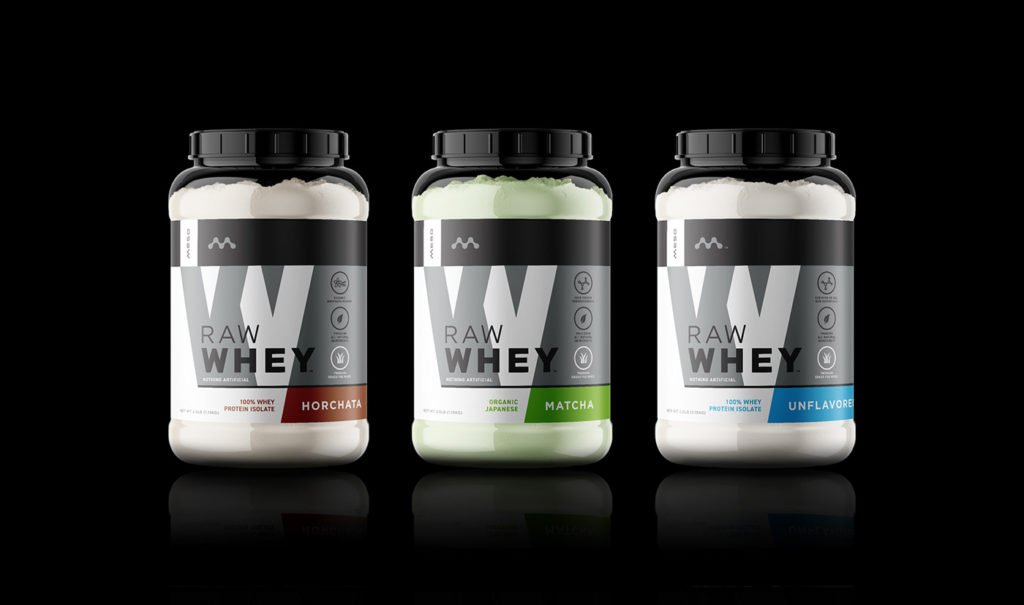Athletes and bodybuilders who make good use of supplements make better progress than those who don’t. Whilst there may be some tree-hugging yoga-lovers that might be offended by this statement, it is something born out by all those who train seriously and trainers like myself who measure their clients’ results.
Naturally, supplement companies are ten-a-penny. The marketing speal that eminates from each screams of the ‘cutting-edge’ formulations and the ‘explosive’ results their supplements will supposedly deliver, yet most supplements are about as cutting-edge as a smartie and the only explosive action occurs over a toilet seat. However, there are also a lot of good supplements available that deliver a definite and measurable benefit to the user, but why do some users get impressive results, and others nothing? How many supplements should you take? Does the law of dimishing gains come into play? The most important message is this: if you spend money on good quality essentials and take care of your diet and lifestyle, you will make good progress.
Think a lack of results comes from not taking a Nitric Oxide supplement? Wrong. Think you’re being held back because your body is missing a Tribulus Terrestris product? Think again. Whilst both of these supplements have benefits (even if they can be a little over-touted), you simply can’t expect to get anywhere if you are training with multiple vitamin deficiencies or your diet does not contain sufficient protein.
Step forward, a good quality multivitamin. I have previously written on the factors in choosing a good quality multi, but suffice to say it should contain a decent potency of B vitamins; more than token levels of the trace minerals, such as selenium and chromium; plenty of co-factors and nutrients beyond simply the RDA list; a herbal/plant base to complement the vitamin and mineral content and, ideally, a little bit of cellular support in the form of Co-Q10, ALA, NAC, etc. Stick to the good companies that know what they’re doing and you won’t go far wrong.
Most of the population, and all athletes and bodybuildings, will need more mineral support than can be added into the small space a typical multinutrient tablet offers. To this end, the most common deficiencies in my clients are zinc, magnesium and iodine. 50mg chelated zinc, 400mg chelated magnesium (both taken on an empty stomach before bed) and two drops Lugol’s solution seem to do an admirable job.
Next step is making sure you are taking in adequate omega 3s. It’s not that you can’t burn fat without adequate omega 3 intake, it’s just you have to work a lot harder for it. Omega 3s also increase cellular sensitivity to a variety of hormones, including those reponsible for muscular growth and those that regulate appetite. Crucially, omega 3s are necessary to control inflammation in the body; they are called essential oils for a reason. The standard choices here are fish oils and flaxseed oil. Flaxseed oil contains alpha-linolenic acid, which the body must convert into the active omega 3 acids EPA and DHA, whereas fish oil provides these active compounds pre-formed. However, I still prefer to use flaxseed oil in most cases for the purity and the useful phytonutrient content unless there is concerns that the client will not convert it properly to EPA and DHA (eg. over 40s, hypercholesterolemia, chronic diseases).
To build muscle, individuals require 3g protein/day for every kilogram of lean mass they have. In an 85kg male with a lean mass of 70kg, this means 210g per day. Therefore, if you don’t want to take a chicken carcass around with you, you are looking at a protein supplement. Although these come in whey, casein, egg white, rice, soy, pea, hemp and other forms, whey the best form for bioavailablity and absorption. Only allergies to whey, which are rare (casein allergies are most common), would see me recommend a different source. When choosing a whey supplement, it pays to avoid the lower quality catering-grade whey; the companies will not exactly advertise this fact but, needless to say, the brands you recognise will avoid this. Look for micro-filtered (not the denatured ion-exchanged) whey, ideally one that has been pre-hydrolyzed to support digestion. If you are going to be consuming this product regularly, it would be a wise move to avoid those with artificial sweeteners in – loading your body with toxic chemicals was not a good idea before, and it’s not a good idea now.
Whey protein absorbs quickly, so would be best taken with fat or fibre to slow down it’s release into the bloodstream. Remember, you don’t materially get anything more in your whey protein than you would other good quality sources of protein, but the quick absoprtion means it’s a gem post-workout, and a good serving (50g, away from other foods, except maybe maltodextrin) within a few minutes of finishing is essential to maximise gains.
Once you provide your body with the micronutrients, the omega 3s and the protein that it expects, it will now respond the way you expect in regards to training, diet or supplements. Consider it ’supplement-ready’. After all, there is a difference in adding extra support to a well-tuned metabolism and throwing supplements down the neck of a sluggish, bloated salad-dodger. Only one of these approaches gets results.

